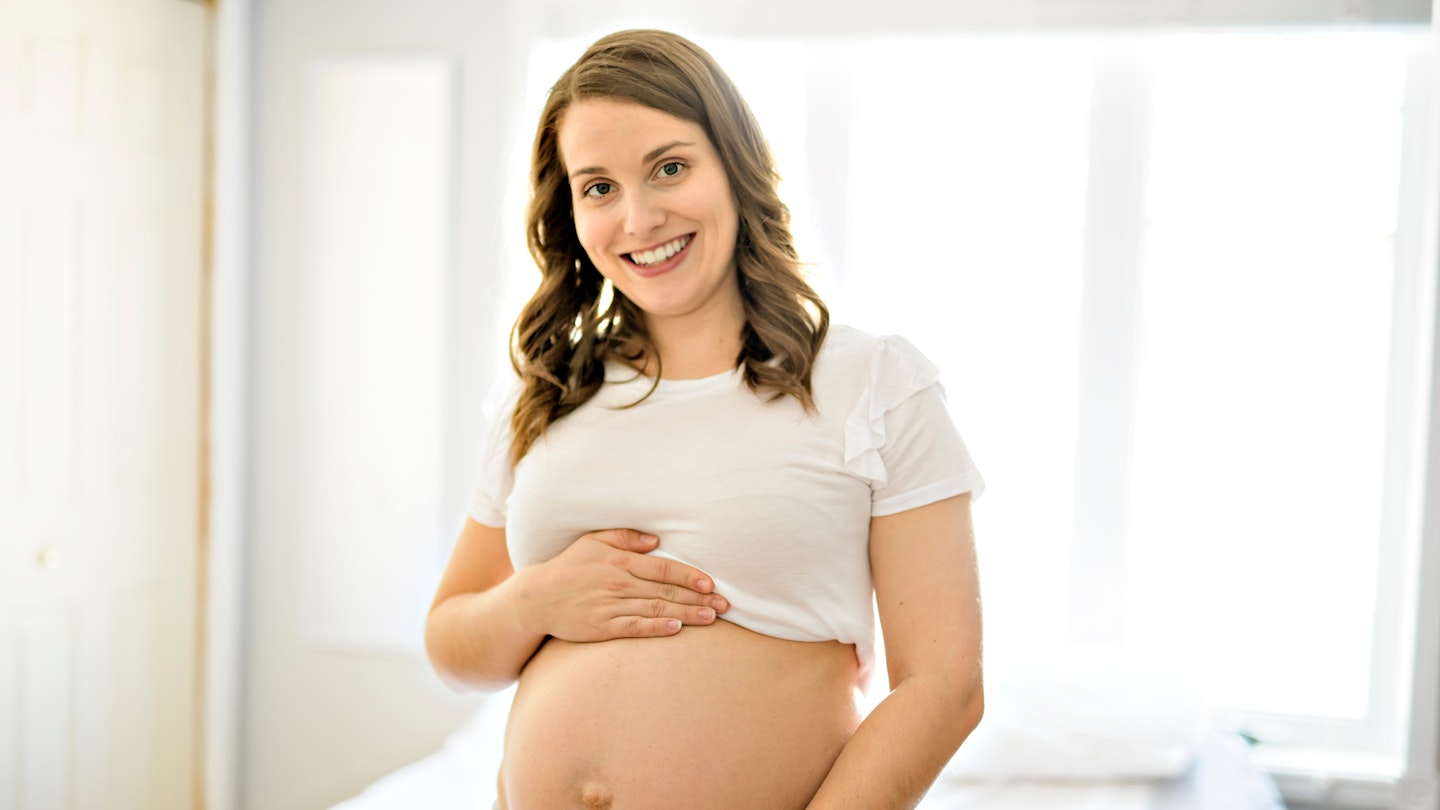Around 15,000 women in the UK of childbearing age do not have a womb. Across the world, womb transplants are performed to enable the experience of pregnancy, and now that is becoming possible in the UK.
A team of surgeons will attempt the first ever womb transplant in Britain before the end of the year, following approval from regulators to use live donors. The patient in question is likely to be donated the womb by either her mother or sister.
While the team of doctors were approved to transplant wombs from deceased donors three years ago, there have been delays because of complex rules around collecting organs. However now, using live donors, doctors are able to follow suit of various countries such as Sweden, who performed the first ever womb transplant in 2014.
Mr. Richard Smith, clinical lead at charity Womb Transplant UK, told the BBC: ‘The new method of live donor retrieval changes the equation to make it much safer.’ The surgery time has been shortened to four hours from 12, with reduced risks of ‘clot formation, DVT and damage to pelvic organs’.
The charity, who pays for the transplants, has raised enough money for three of the 15 transplants they are funding, and have been ‘inundated’ with donors with 750 women approaching the team to enquire about transplantation.
The process of womb transplants includes the recipient and donor undergoing a clinical and psychological investigation, with donors more likely to be the mother or sister of the recipient. In previous cases around the world, wombs have been donated by family members or friends, as the only rules in place are that the donor must be healthy and have had a child themselves.
Following approval, the recipient will have the transplant and begin immunosuppressant drugs which they must take also during pregnancy to prevent their body rejecting the organ. Following six months without complications, the patient will have frozen embryo’s implanted, created from her eggs and partners sperm.
The baby must then be delivered by caesarean between 35-37 weeks’ gestation, as the womb is fragile. Given the option to try for two pregnancies, once the womb is no longer needed for pregnancy, it will be removed so the patient can stop taking immunosuppressants.
The team at Womb Transplant UK is reportedly discussing transplantation with 50 potential recipients, and while the procedure is considered a ‘major advance’ following a global review of womb transplants, the practice is strictly controlled by clinical trials and was dubbed experimental by a team of doctors in Japan.
Of course, the news has stirred quite the nuanced debate. Many are hailing the practice as positive, given that it increases options for women who are born without a womb to experience pregnancy if they so desire, plus it could enable transwomen to carry children should they wish to.
Currently, IVF and surrogacy are the best options for women who experience fertility problems, both of which are costly, have low success rates and are open to abuse from wealthier couples taking advantage of poor women.
Womb transplants can present the same issues in terms of being open to abuse, but the practice is also being questioned for the apparent obsession with carrying a child.**** While many women can be left heartbroken when unable to carry their own child, and this would increase their options, there is also an immense societal pressure on women to be pregnant in general.
The possibility of womb transplants differs in terms of surrogacy because the main motivation is not having a child, but actually carrying it and experiencing pregnancy. Therefore, it stands to reason that the practice reinforces the implication that carrying a child is integral to womanhood and increases this archaic pressure on women to experience pregnancy.
However, given that womb transplants could one day be a possibility for cis men, as they are for transwomen, there is also an argument that the pressure to carry a child would not always be on women. Because, if men are able to carry children through this procedure, then why the hell not?
Whether you stand on either side of the debate, it comes down to giving people more options for their own lives and health, and so the right to choose what is best for them. While the science is there to do it, even if the (long-awaited) renewed focus on women’s health does seem to overly focus on fertility (as oppose to cancers, endometriosis and PCOS) it only seems right that we increase choices rather than abandon them out of fears of misuse.
Click through to read more facts about women around the world...
Debrief Facts about women around the world
 1 of 18
1 of 18Facts about women around the world
 2 of 18
2 of 18Facts about women around the world
 3 of 18
3 of 18Facts about women around the world
 4 of 18
4 of 18Facts about women around the world
 5 of 18
5 of 18Facts about women around the world
 6 of 18
6 of 18Facts about women around the world
 7 of 18
7 of 18Facts about women around the world
 8 of 18
8 of 18Facts about women around the world
 9 of 18
9 of 18Facts about women around the world
 10 of 18
10 of 18Facts about women around the world
 11 of 18
11 of 18Facts about women around the world
 12 of 18
12 of 18Facts about women around the world
 13 of 18
13 of 18Facts about women around the world
 14 of 18
14 of 18Facts about women around the world
 15 of 18
15 of 18Facts about women around the world
 16 of 18
16 of 18Facts about women around the world
 17 of 18
17 of 18Facts about women around the world
 18 of 18
18 of 18